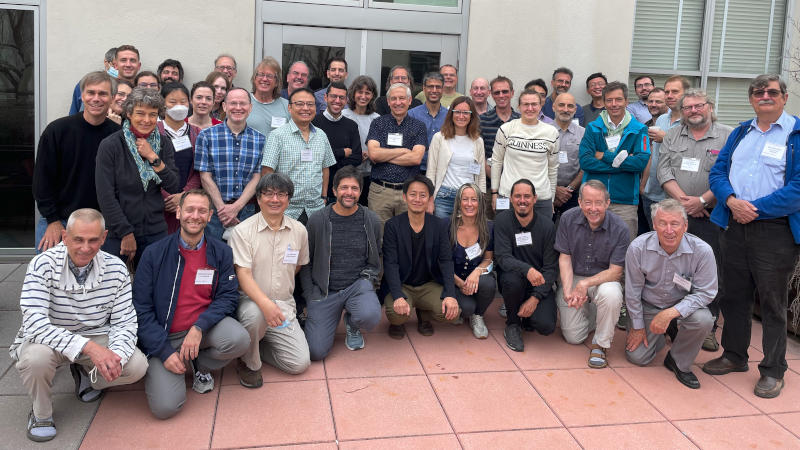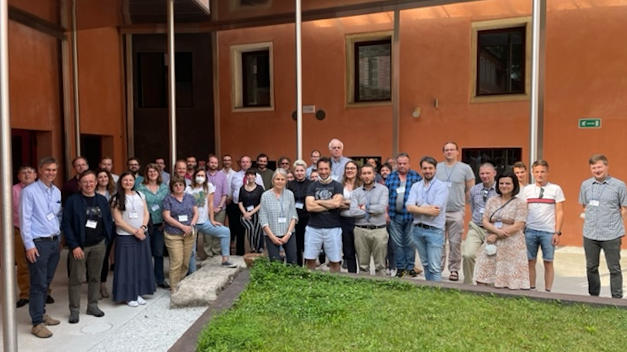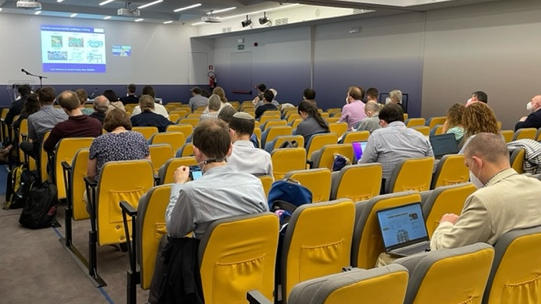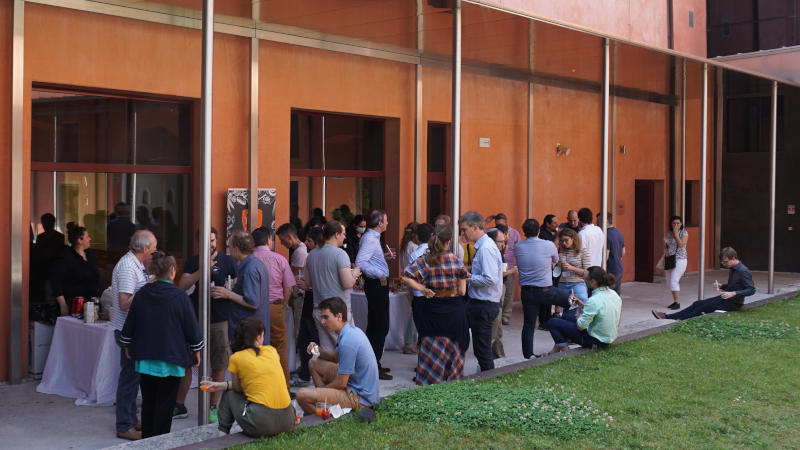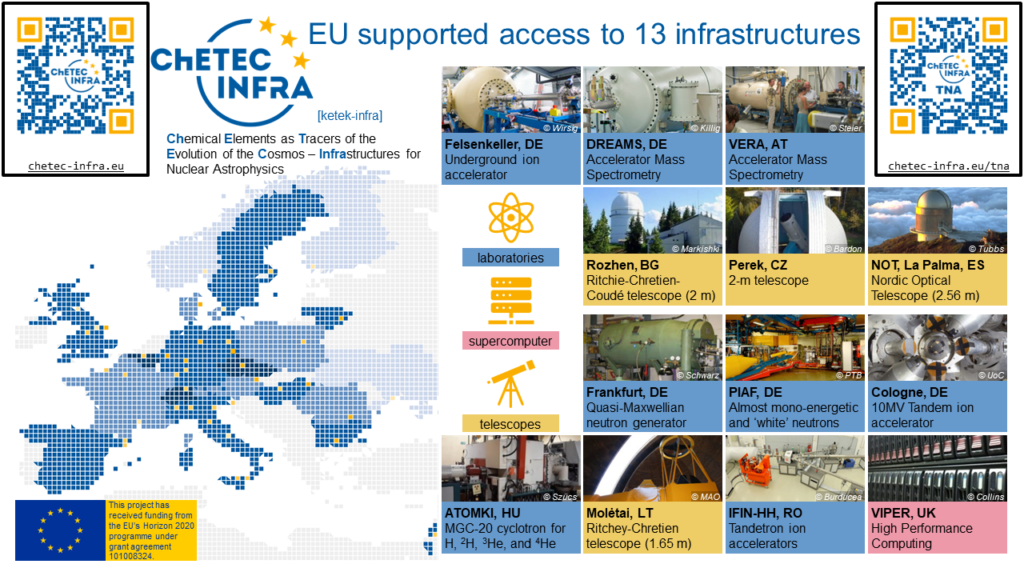As limitations for in-person conferences are slowly lifted and travel to conferences, meetings, schools, and workshops is more common again, the SNAQs organizing committee decided adjust the format and calendar for future editions of these Schools on Nuclear Astrophysics Questions.
The new schedule foresees four editions of SNAQs per year, with a duration of less than 90 minutes. The focus of SNAQs remains on the multidisciplinary (astronomy, astrophysics, nuclear physics) audience of students and senior scientists.
The first SNAQs with this new format will be held on December 7, 2022. This school features two presentations, and time for Q&A.
